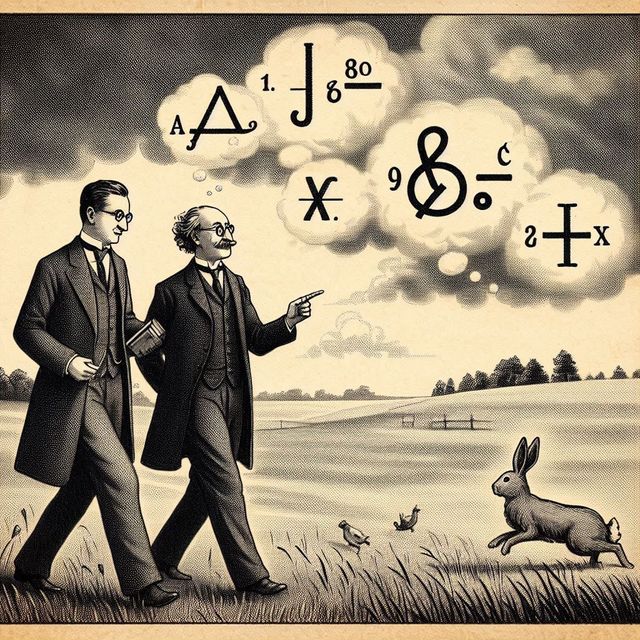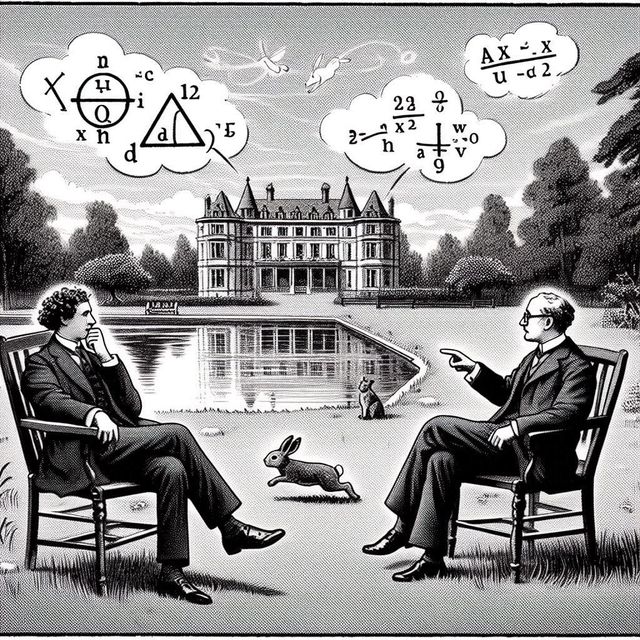-
Vijay Fafat
- Published on
This mystical story, as recounted by a lawyer, is about a brilliant mathematician (“an erratic genius who had written some articles in Mind on that dreary subject, the mathematical conception of infinity… [his] tastes were on the borderlands of sciences, where mathematics fades into metaphysics and physics merges in the abstrusest kind of mathematics.”) who wonders why animals have a “homing instinct”, why they are able to have an uncanny sense of direction. He theorizes about mathematical laws that govern absolutely empty space, a sort of fourth dimension that has involutions, is “not an empty homogeneous medium, but full of intricate differences, intelligible and real, though not with our common reality”. A primal brain is able to comprehend these differences far better than a civilized mind. He ends up gaining a very deep insight into the nature of this plane governed by mathematical forms and figures, finally sensing “Presences” therein which terrify him. In the end, the mathematician falls off a cliff while climbing a mountain blindly, with a hint that only his body has perished, his mind may have merged with his new “Space”.
While the author does not mention this, I think he is very likely describing the Platonic world of forms. Throughout the story are sprinkled sentences which point toward this interpretation:
“He argued that the mind can live in a world of realities without any sensuous stimulus to connect them with the world of our ordinary life”
“He laboured to get me to understand the notion of his mathematical forms”
“when I objected that Left and Right varied with each object, and only existed in connection with some definite material thing, he said that that was exactly what he meant. It was an example of the mobility of the Spacial [sic] forms”
“It was a world of pure reason, where human personality had no place.”

